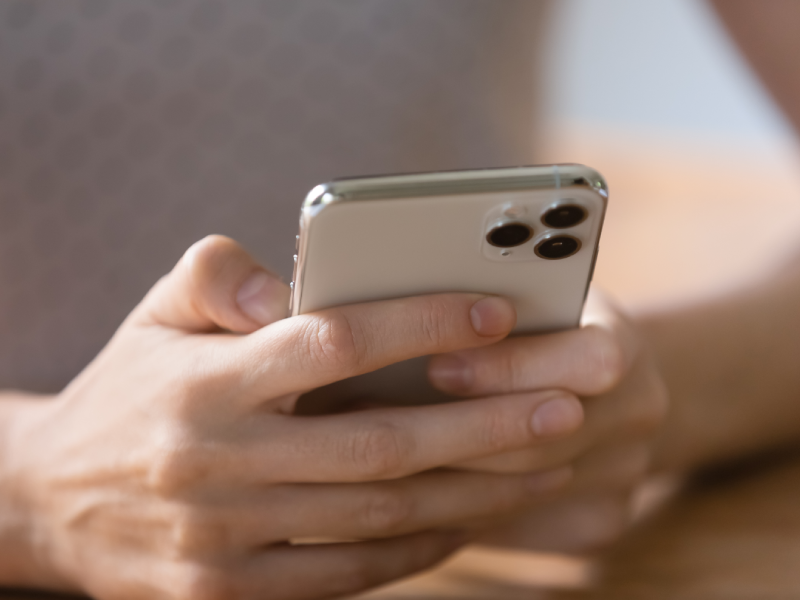
Once upon a time, smartphones were relatively safe from hackers compared to traditional personal computers. But as people began to use their devices for sensitive activities like banking, shopping and medical consultations, the flood gates opened.
Today, 60 percent of fraud originates on mobile devices such as smartphones, and 80 percent of those instances were caused by malware, or malicious software, from an app.
Android devices are targeted more than iPhones—the former’s open ecosystem makes it easier for bad actors to gain access to a device, while Apple has a closed ecosystem—but that doesn’t mean iPhones are completely safe from attacks. An iPhone owned by Amazon founder Jeff Bezos, for example, was compromised in 2020 through a WhatsApp message. Still, in the first half of 2023, cybersecurity research group Bitdefender found at least 60,000 apps on the Google Play store that carried adware.
Hacks usually occur when a user clicks a link to an email attachment or a URL that is infected with malware. Some hacks are considered “zero click,” meaning the user doesn’t have to do anything for the malware to begin its process. Zero click hacks are rare compared to phishing-type hacks, where a user receives an unsolicited text message or email containing an infected link or document.
But what does this have to do with our kids?
Well, 75 percent of 12 year olds have a smartphone. And according to a survey conducted by McAfee, more than a third of families reported that a child in their household had been the victim of a financial information leak, while 15 percent stated there had been an attempt to steal a child’s online account or identity. And since kids are more trusting than adults, hackers can more easily take advantage of their good nature.
Here’s how to keep your family’s devices safe.
Watch for signs of a malware infection
Symptoms of an infected mobile device are similar to what happens to a PC when infected—expect slowed app and battery performance, app crashes, increased data usage and frequent pop-up ads.
Download software updates
Always download the software updates your device manufacturer provides. Google and Apple release security patches in these updates that can close potential holes hackers can exploit.
Only download apps from reputable sources
While manufacturer-approved app marketplaces such as Google Play and the iOS App Store aren’t completely safe from malware, 99 percent of app-related hacks originate from other download sites.
What to do if you think you’ve been hacked
Android users can enter Safe mode to suspend app activity and inspect for any apps that don’t belong. Apple’s Lockdown mode for iPhones is more extreme but can help if you think you’ve been hacked. You can also download third-party antivirus protection from a reputable provider like McAfee, Kaspersky, Norton or Bitdefender.
Family Online Safety Pledge
Make sure your kids understand that having a connected device comes with responsibilities. This pledge provides guidelines to help your kids and teens use their devices and the internet safely.
C Spire Connect & Protect Plan
The C Spire Connect & Protect plan gives parents tools to easily track their kid’s location, restrict content, limit screen time, set boundaries for social media, and help protect them online at any age.
Read more helpful articles in the Parents’ Resource Center.

















